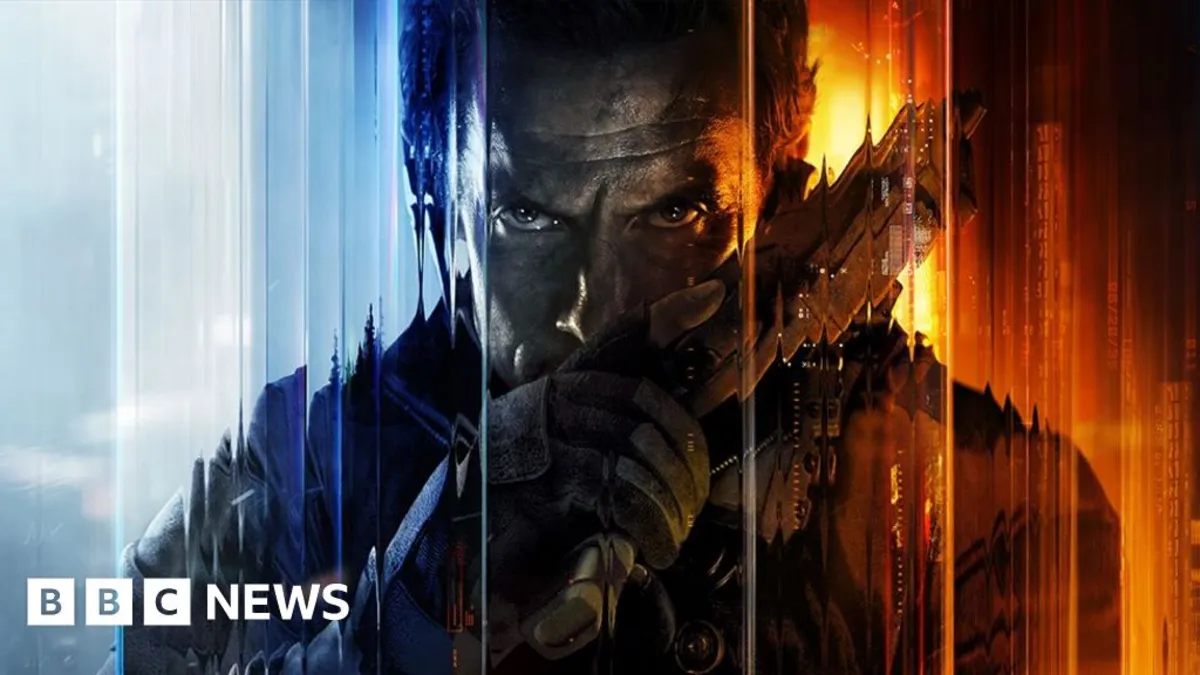
Recently, Microsoft announced a significant price increase for its popular Xbox Game Pass subscription service, prompting a wave of backlash from fans. The most sought-after tier of this Netflix-style gaming service, available for both PC and Xbox players, will see a staggering rise of over 50%, increasing from £14.99 to £22.99 per month. This announcement has triggered a flurry of reactions on social media, with numerous fans expressing their dissatisfaction and even canceling their subscriptions.
Many fans rushed to cancel their Game Pass subscriptions after the price hike, leading to reports that the cancellation page experienced a crash due to the overwhelming traffic. The BBC Newsbeat has reached out to Microsoft to inquire whether this outage was directly linked to the surge in cancellation requests. This dramatic response highlights the discontent among users regarding the rising costs of their gaming subscriptions.
In a blog post outlining the changes, Microsoft introduced three distinct tiers for the Game Pass service: Essential (£10 per month), Premium (£14.99), and Ultimate (£22.99). The Essential package is mandatory for players who wish to engage in online multiplayer gaming. The pricier tiers offer access to a broader selection of games and additional perks. Notably, the Ultimate tier allows subscribers to play new releases from Microsoft-owned studios on the same day they hit the market. This includes popular franchises like Call of Duty, which can individually retail for around £70.
As part of the recent updates, Microsoft has added blockbuster titles such as Hogwarts Legacy and various entries from the Assassin's Creed series to the Game Pass library. The company asserts that these changes will provide more flexibility, choice, and value to gamers. However, not all players share this optimistic view.
According to Ed Nightingale, deputy news editor at Eurogamer, the demand for gaming subscription services has surged in recent years. Statistics from the UK's Entertainment Retail Association reveal that both Game Pass and Sony's PlayStation Plus have seen an increase in users over the past year. "Games nowadays are just more expensive," Ed says, noting the rising costs of game development. He emphasizes that subscription services offer a more economical alternative compared to purchasing individual games.
When Game Pass first launched, it was heralded as the best deal in gaming. However, some critics have raised concerns about whether the service can maintain affordable prices amidst escalating development costs. Ed speculates that players might be starting to feel that the offering is "too good to be true." He warns that game companies risk alienating their consumer base if they continue to raise prices. "Over the course of a year, it becomes really expensive," he points out. "This price increase feels quite anti-consumer, and Microsoft may be shooting themselves in the foot with this decision."
Despite the backlash, Microsoft maintains that Game Pass remains profitable, stating that last year marked its most successful revenue year from subscriptions. As the gaming industry continues to evolve, the balance between affordability and profitability will be critical in shaping the future of gaming subscriptions.